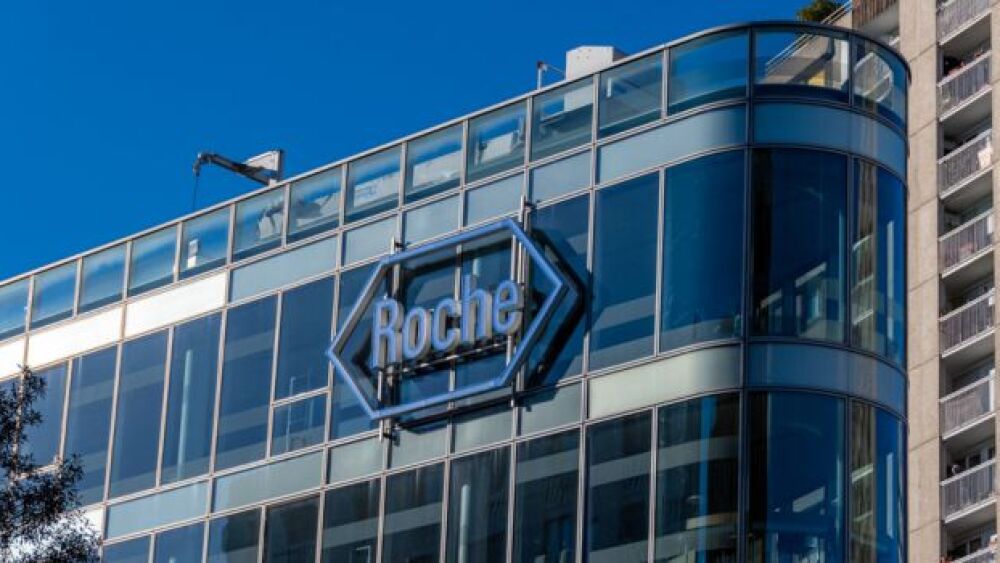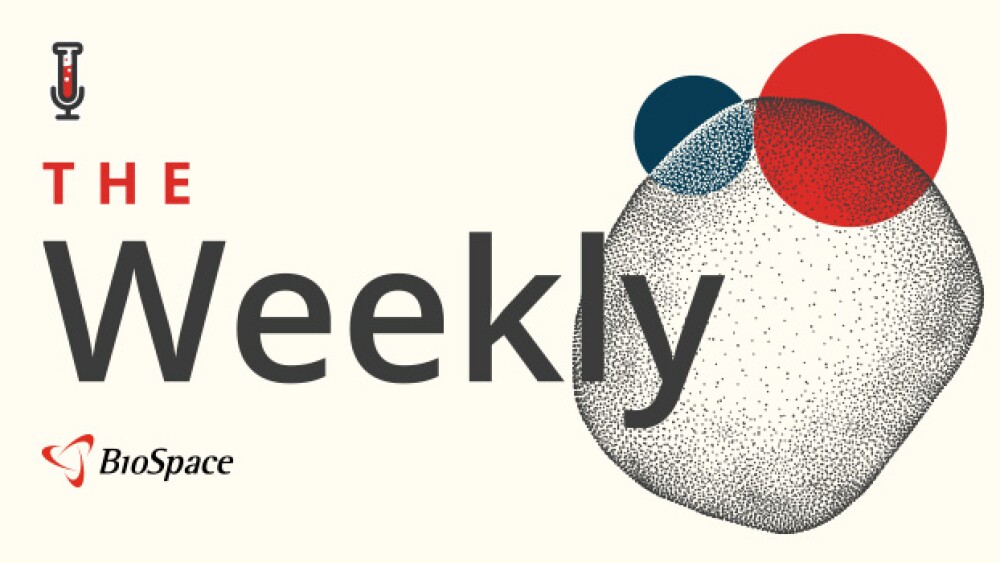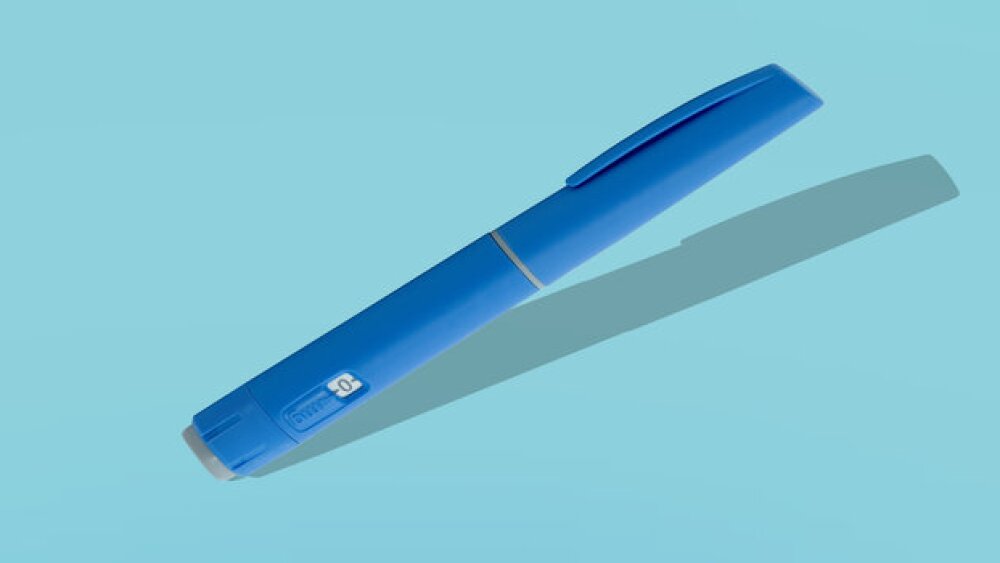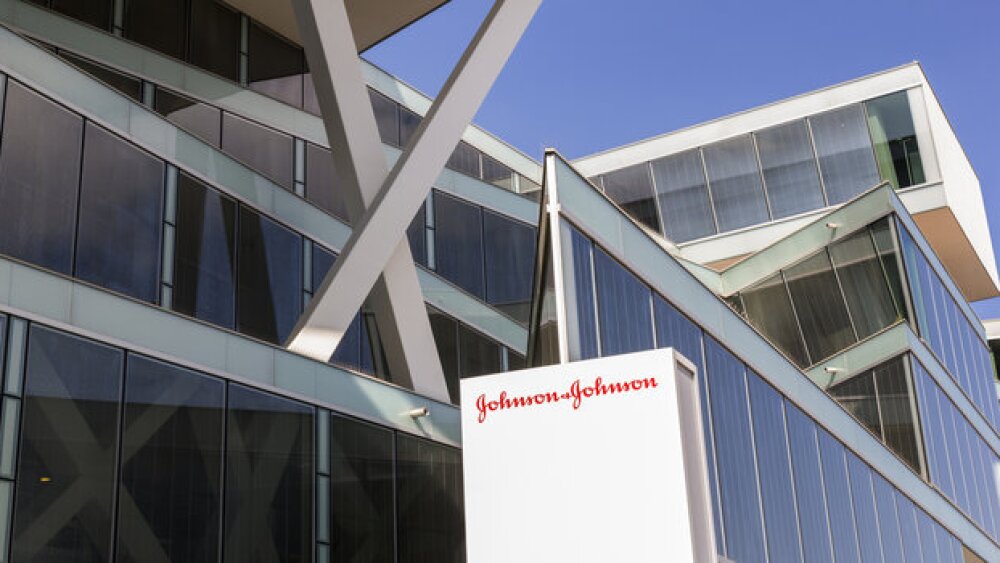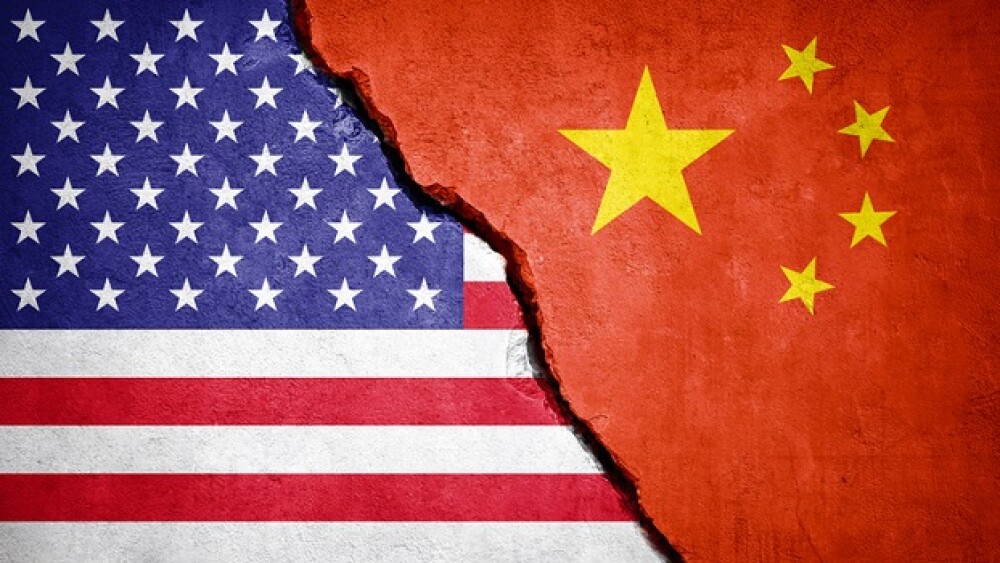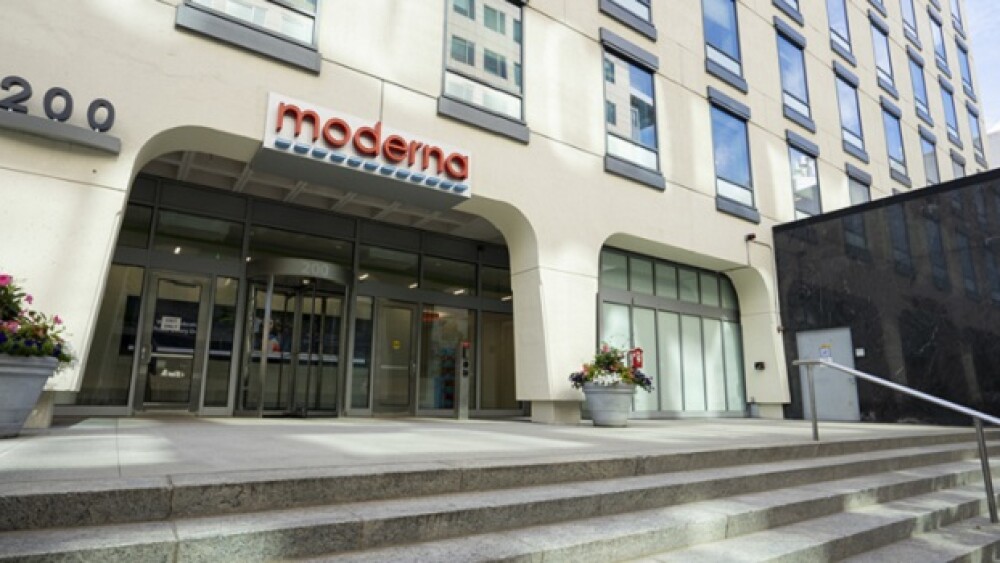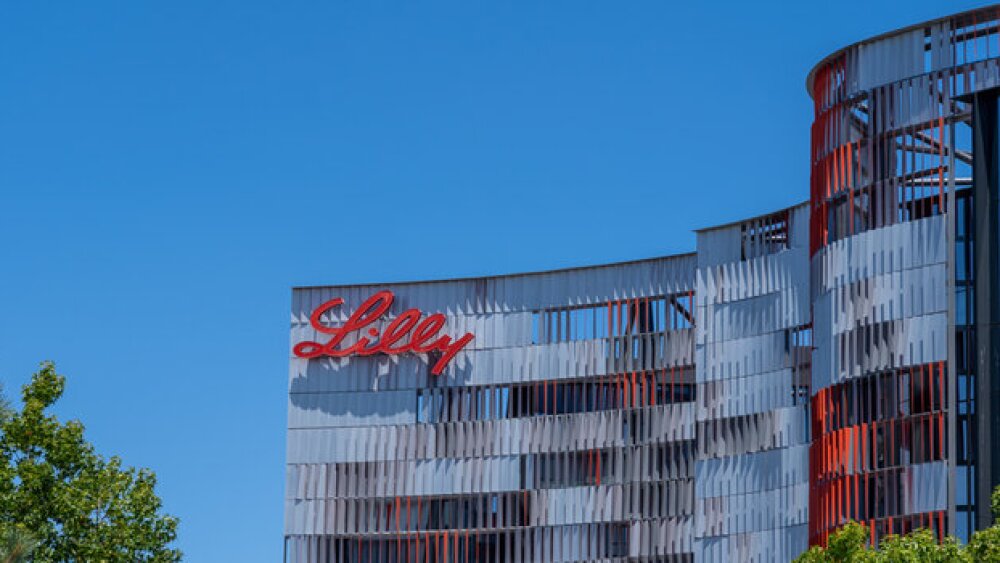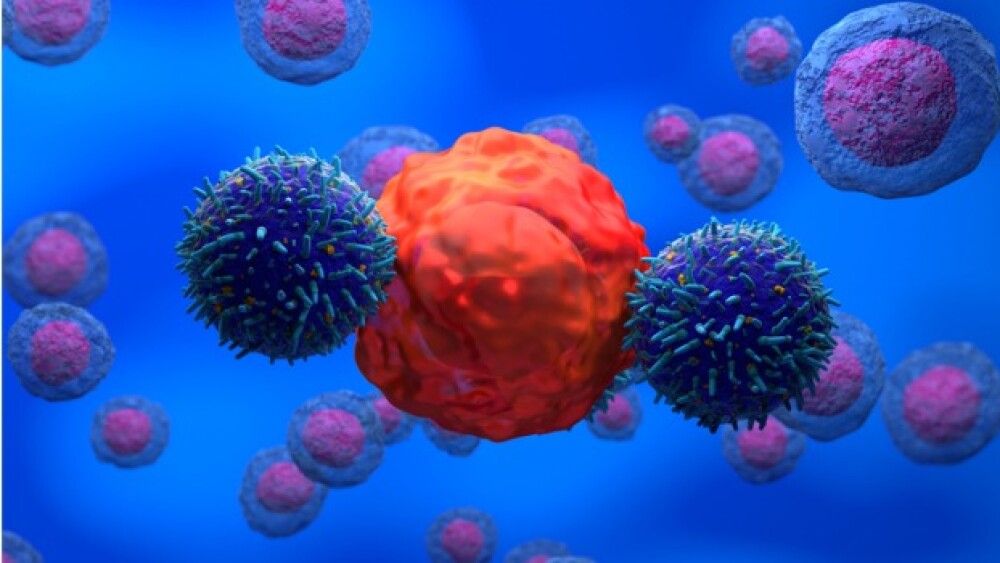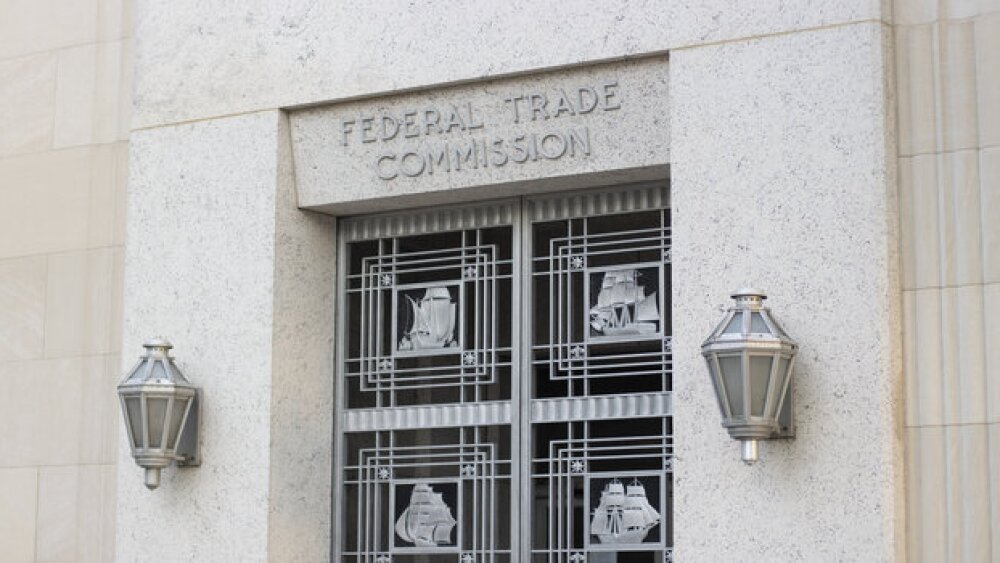All News
Roche’s tiragolumab, when combined with its PD-L1 blocker Tecentriq, did not significantly improve progression-free and overall survival versus Keytruda and chemotherapy in patients with non-small cell lung cancer.
Eli Lilly, Rivus Pharmaceuticals and more target different biological processes in hopes of generating higher-quality weight loss and avoiding metabolic issues.
Two CRLs from the FDA last week cited concerns with third-party manufacturers, while Indian CDMOs may make a bid for U.S. business if there is a decoupling from Chinese companies under the BIOSECURE Act.
President Joe Biden and Sen. Bernie Sanders in a Tuesday op-ed in USA Today called on Novo Nordisk and Eli Lilly to “stop ripping off Americans” with “unconscionably high prices” for their GLP-1 medicines.
Johnson & Johnson and Legend Biotech’s Carvykti cell therapy significantly improved survival in patients with multiple myeloma when used in the second-line setting, the companies announced on Tuesday.
GSK on Wednesday restructured its contract with CureVac to gain access to the biotech’s influenza and COVID-19 programs for $430 million upfront and up to $1.13 billion in future payments.
Despite an uncertain legislative path to becoming law, the BIOSECURE Act has already impacted the biopharma industry’s confidence in Chinese service providers and prompted efforts to diversify manufacturing partners.
Taysha Gene Therapies looks to move past its pipeline culls and staff reductions by moving its lead asset into a possible billion-dollar market.
As congressional pressure increases on WuXi AppTec and other China-based companies over alleged ties to the Chinese government, India’s contract development and manufacturing organization sector could benefit.
Moderna on Tuesday announced it has been awarded $176 million by a consortium funded by the Biomedical Advanced Research and Development Authority to develop an mRNA-based vaccine to counter H5N1 avian influenza.
Donanemab, which will be marketed as Kisunla, will compete with Biogen and Eisai’s Leqembi.
Eli Lilly is expanding its radiopharmaceutical portfolio with a $140 million upfront payment to Radionetics Oncology and the exclusive future right to acquire the biotech for $1 billion.
This week on Denatured, Head of Insights Lori Ellis and guests discuss the implications of not addressing the DE&I data gaps for the future.
Samsung Biologics announced Tuesday it has signed its largest contract ever—a $1.06 billion manufacturing deal with an unnamed pharmaceutical company headquartered in the U.S.
Cartesian Therapeutics’ mRNA CAR-T therapy met its primary endpoint in a mid-stage trial for the chronic autoimmune disorder and expects to raise $130 million via private placement equity financing.
The Department of Justice and Securities and Exchange Commission are investigating two senior employees of Cassava Sciences in connection with allegations of data manipulation for its Alzheimer’s disease candidate simufilam.
The Federal Trade Commission has opened an investigation into Teva Pharmaceuticals after the company allegedly ignored directives to withdraw or amend contentious patent listings on the FDA’s Orange Book.
In 2023, the ADC market exceeded $10 billion, and this momentum is persisting into 2024, as evidenced by several strategic deals and a robust pipeline of candidate drugs.
Daiichi Sankyo has secured a victory in its patent arbitration with Seagen, nabbing a $47 million award for attorneys’ fees and other costs, plus interest. However, a larger patent battle with Pfizer remains.
Pyzchiva, developed by Samsung Bioepis, will be commercialized in the U.S. by Sandoz with the license period beginning on Feb. 22, 2025, according to a settlement and licensing agreement with Johnson & Johnson’s Janssen Biotech.

